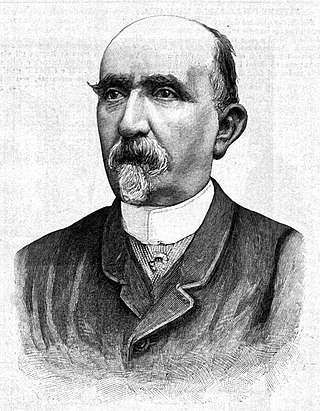
Carlo Lorenzini, better known by the pen name Carlo Collodi, was an Italian author, humourist, and journalist, widely known for his fairy tale novel The Adventures of Pinocchio.

Alberto Sordi was an Italian actor, comedian, director, singer, and screenwriter.

Andrea Calogero Camilleri was an Italian writer.
Joscelyn Godwin is a composer, musicologist, and translator, known for his work on ancient music, paganism, and music in the occult.
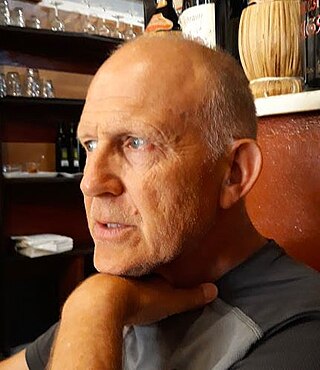
Timothy Harold Parks is a British novelist, author of nonfiction, translator from Italian to English, and professor of literature.

Alfredo Panzini was an Italian novelist, critic, historical writer, and lexicographer. A prolific and popular writer, Panzini is famous in Italy for his brilliant and amusing humorous stories.

Riccardo Bacchelli was an Italian writer. In 1927 he was one of the founders of the review La Ronda and Bagutta Prize for literature. He was nominated for the Nobel Prize in Literature eight times.

Luigi Ugolini was an Italian writer. He is best known for his series of fictionalized biographies of Italian leaders in art and science, and for a volume of work that immortalizes traditions, values and ways of life of Tuscany and Florence. Ugolini left an early career as a lawyer to write, and his literary works, many of which are inducted as scholastic required reading in Italian schools, earned a worldwide reputation and several prestigious literary awards. He was also a painter, an expert ornithologist and gastronome.

Gomorrah is a book of investigative journalism conducted by Roberto Saviano and published in 2006, which documents Saviano's infiltration and investigation of a number areas of business and daily life controlled or affected by criminal organization Camorra.
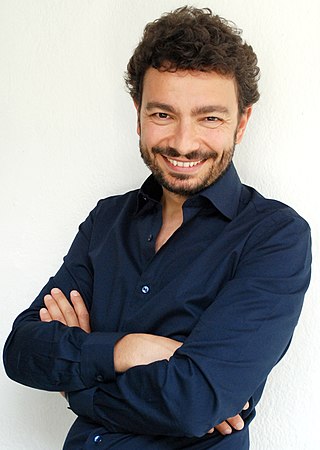
Massimo Polidoro is an Italian psychologist, writer, journalist, television personality, and co-founder and executive director of the Italian Committee for the Investigation of Claims of the Pseudosciences (CICAP).
Claudio Chillemi is an Italian writer, author of short stories, novels and plays for children.

Gianni Minà was an Italian journalist, writer, magazine editor, and television host. He collaborated with both Italian and International newspapers and magazines; produced hundreds of reports for RAI ; conceived and hosted television programs, as well as produced successful documentary films on the lives of Che Guevara, Muhammad Ali, Fidel Castro, Rigoberta Menchú, Silvia Baraldini, Subcomandante Marcos and Diego Maradona.
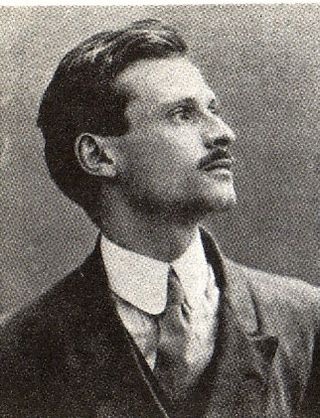
Marino Moretti was an Italian poet and author.
Giancarlo Zagni was an Italian director and screenwriter.

Matteo Corradini is an Italian writer and hebraist.
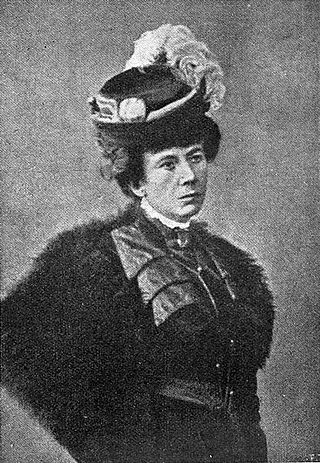
Anna Radius Zuccari was an Italian writer who used the pen name Neera.

Beatrice Monroy is an Italian writer and dramatist.
Andrea Aromatico is an Italian writer and expert in Hermetic iconography and esotericism.
This is a list of Italian television related events from 1963.

Aldo Agatino Forbice was an Italian radio host and journalist. As a radio host he was most well known for hosting the Rai Radio 1 program Zapping from 1994 to 2012. He was also an author of long-form essay novels, poetry compilations, and several fiction books, many of which won literary awards in Italy.















